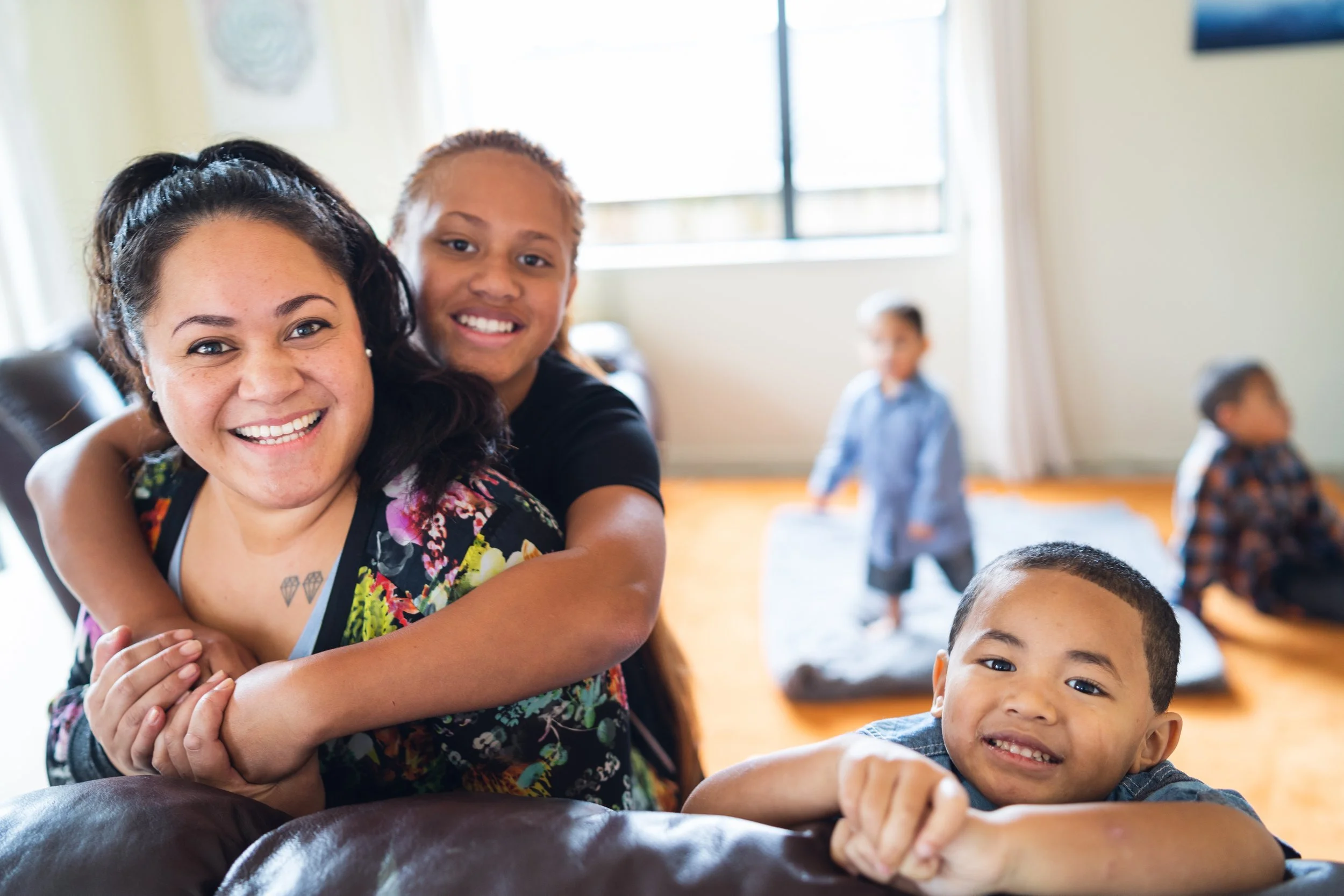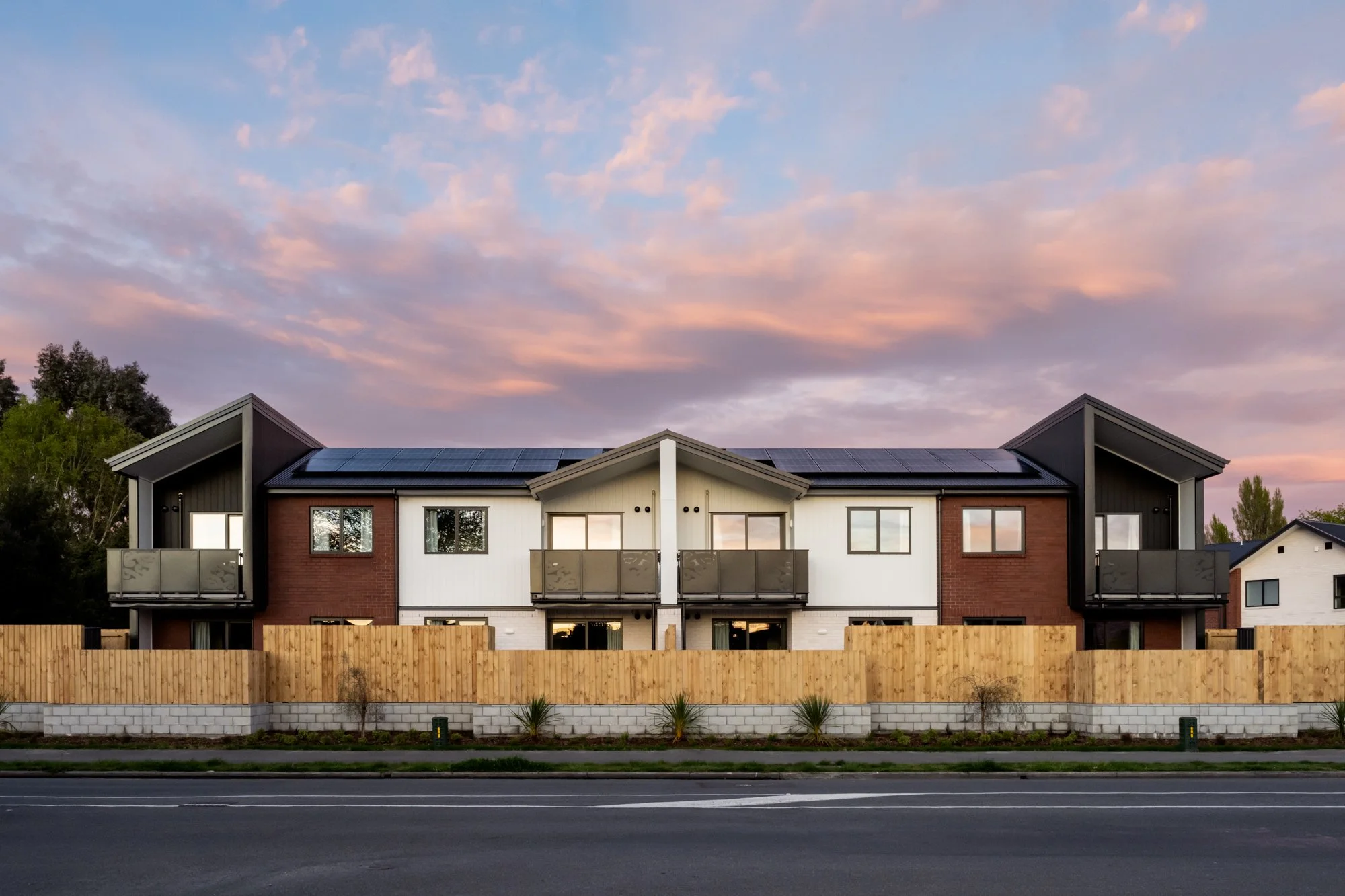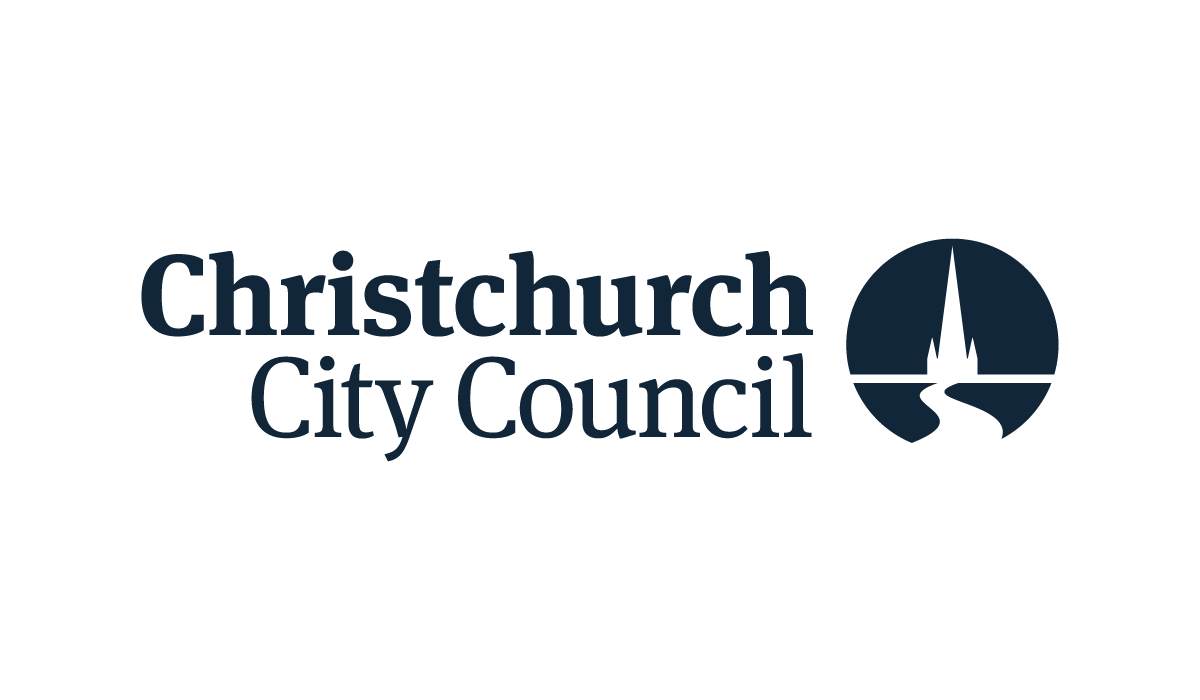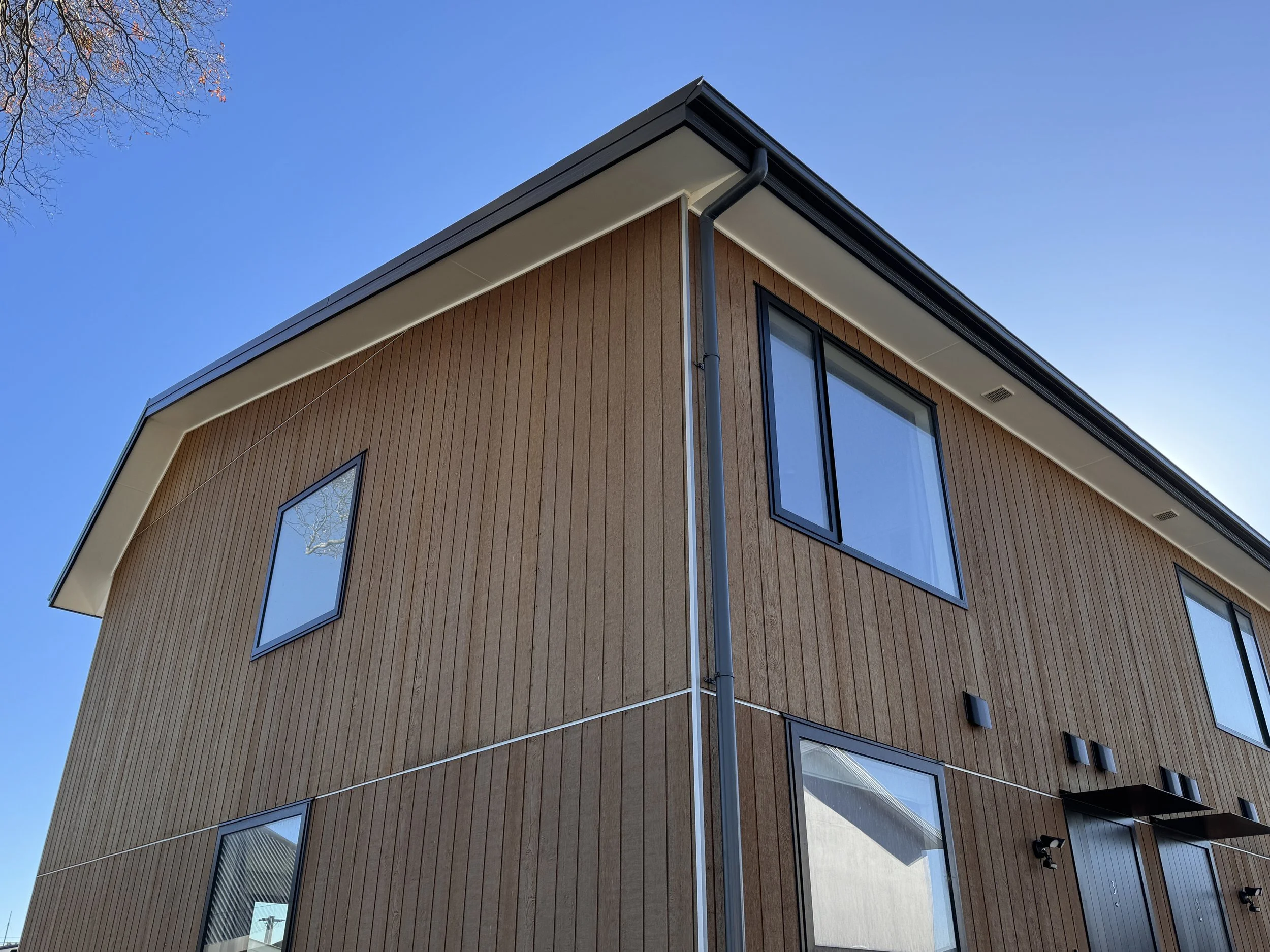
Secure Home
Progressive Home Ownership

If buying a home on the open market is a challenge, we might be able to help.
Secure Home helps families with children into affordable first homes.
Designed for low-to-median income earning families with children, our Secure Home leasehold programme offers a pathway to affordable home ownership.
Enjoy a brand-new, warm and dry home without the hefty price tag. By separating land and building costs, our leasehold model significantly reduces your mortgage compared to traditional home buying. You’ll have a nest and the chance to save your nest egg.
With Westpac's support and our dedicated housing advisor by your side, the journey to homeownership is smoother than ever. Plus, your leasehold is a valuable asset that can be sold back to ŌCHT if you choose to move.
Ready to take the first step? Register your interest in our first Secure Home community today. Let us help you build a brighter future.
Is Secure Home for you?
You might be eligible if:
You’re a family with children that’s legally able to buy a home in New Zealand.
You’re a first home buyer or a second chancer and you don’t own any other properties anywhere in the world.
You and your family will live in the house as your main residence for at least three years (so it’s not an investment property).
You’ll be employed and earning up-to $95,000 a year before tax, or up-to $150,000 before tax if more than one person in your household is in work.
You’ll have at least a 10% deposit of the purchase price and the means to service a low-deposit home loan with Secure Home’s banking partner, Westpac.
You will also need approval for a home loan that’s sufficient to meet the purchase price, when added with your deposit.
Our Secure Home Housing Advisor will work with you through the application process. Get in touch now!

What is Secure Home?
-
Progressive Home Ownership (PHO) is a way to help people on low-to-median incomes who might find it difficult to afford a home to call their own.
PHO products are offered by government-approved PHO providers. Providers like ŌCHT offer leasehold opportunities to provide a pathway to eventual home ownership.
Leasehold ownership is an affordable way into a new home. Households buy a right to occupy a home – usually a 100-year lease - based on the price of the building, using a low deposit bank mortgage. PHOs keep the cost down by charging a small ground lease instead of selling the land, which is often a big chunk of the cost in the open property market.
When householders leave their home, they sell the right to occupy back to the PHO provider. They get back what they paid, plus adjustments for inflation.
This all makes it a much better alternative to renting: households get housing stability and leave in a better financial position than had they been renting.
-
ŌCHT’s Secure Home offers qualifying families with children the chance to buy a right to occupy a new, modern home in an ŌCHT community development. Secure Home is a cost-effective alternative to the private market. Householders can build equity through mortgage repayments instead of paying a landlord.
Secure Home is a leasehold arrangement. That means ŌCHT owns the house and the land, and the household buys the right to occupy the property for 100-years: ŌCHT registers a 100-year lease over the land, in your name.
The up-front leasehold purchase cost is set at the cost of construction for our first release properties. Land cost is excluded, keeping the upfront cost down. Households pay a monthly ground rent instead.
The ground rent is set well below market value. It’s reviewed annually and is only adjusted to meet inflation. It’s currently set at 1.5% land value per year (as at May 2024).
When householders leave their home, they sell the right to occupy back to ŌCHT for the price they paid, plus adjustments for inflation, approved improvements and property condition. The household can’t transfer or on-sell their lease to someone else.
We’re doing it this way to make it affordable, keep living costs manageable and support family savings over the leasehold term.
This all makes it a much better alternative to renting: families with children get housing stability and leave in a better financial position than had they been renting.
Secure Home is supported by Westpac. With a minimum 10% deposit, qualifying households can get a home loan from Westpac to buy the leasehold.
ŌCHT is a government approved Progressive Home Ownership provider. Secure Home is supported by the Ministry of Housing and Urban Development and the Progressive Home Ownership Fund.
-
ŌCHT’s Secure Home houses are part of new housing developments and are typically duplex-style two storey townhouses with private yards and parking, offering both two-bedroom and three-bedroom layouts.
Our next Secure Home development is at Three Lanes Lyttelton Street. You can see indicative plans and links to development updates on that page.
-
You can register your interest right now!
Applications and initial assessments will be conducted by our Housing Support Advisor, followed by interviews to finalise eligibility and participation.
To register your interest, contact ŌCHT on 0800 624 456 or email securehome@ocht.org.nz
NOW AVAILABLE: Secure Home at Three Lanes Lyttelton Street

Secure Home details
-
We’re offering Secure Home to low-to-median income families with children who would find it difficult to buy a home without a reasonable level of financial and non-financial support.
Find out if you meet the criteria here
Our Housing Support Advisor will guide you through the process and help confirm if you qualify.Here are some of the guidelines we’ll use:
You’re a family with children and at least one person in your household will have New Zealand Residency or New Zealand Citizenship.
You won’t own or have any shares in any other properties or land anywhere in the world.
You’ll be a first home buyer or a second chancer (someone who has owned a home before but is back in the same financial situation as a first-time buyer e.g. due to a divorce).
You’ll commit to living in the house as your main residence for at least three years. That means you’re not buying it as an investment property.
At least one of the applicants is in full time employment.
A single person with a child or children in their household applying for Secure Home can earn up-to $95,000 a year before tax.
For a couple with children, eligibility is generally limited to households with a combined income before tax of no more than $150,000.
You’ll have the means to service a low-deposit mortgage but won’t have a sufficient deposit to buy in the open housing market at current house prices.
You’ll need to have a minimum of 10% of the purchase price as a deposit.
You’ll need approval for a home loan from our partnering bank Westpac, sufficient o mee the purchase price when added with your deposit.
-
The leasehold is priced at the cost of construction. The land value is not added to the leasehold purchase cost.
The prices for leases are:
2-bedroom home: $385,000
3-bedroom home $500,000
Your initial costs will include:
The leasehold purchase price (upfront payment). You’ll use a home loan to buy the leasehold. Secure Home is supported by Westpac. You will have to meet Westpac’s lending criteria and provide a minimum 10% deposit to support your home loan. You’ll also have to pay any home loan fees stipulated by the bank.
Lawyer’s fees. As with any leasehold home purchase, you should get a lawyer to help you through the purchase process.
Ongoing costs include:
Mortgage repayments to your bank. Westpac’s mortgage repayment calculator can give you a rough idea of what a home loan might look like based on the loan amount, interest rate, term of the loan and repayment schedule. Westpac offers low-deposit mortgages designed for Secure Home. If you qualify, a 10% deposit could help you get into an ŌCHT Secure Home.
Ground rent: You’ll pay an annual ground rent, currently based on 1.5% of land value, which will be established at the time you enter Secure Home. The land value is locked in at the start and the ground rent is adjusted each year for inflation, with any increase capped at 2.0%. For example, if inflation increases 3%, the ground rent increases 3%.
Body corporate levy: All property owners pay an annual fee for the maintenance of the shared spaces in the development. The levy also includes house insurance.
You will also have other standard homeownership costs, such as contents insurance, Christchurch City and Canterbury Regional council rates, and home maintenance costs.
This information is a guide only. Please contact ŌCHT’s Housing Support Advisor to learn more. Also check out the Secure Home Agreement on this page.
-
A Secure Home household has many of the obligations any other householder has.
You need to meet all the financial commitments related to Secure Home, including the annual ground lease and body corporate levy.
You need to meet your mortgage commitments and pay council rates and insurances.
All maintenance, including scheduled maintenance requirements, are your responsibility. You’ll need to keep your home well maintained, to ensure it’s in good condition throughout the life of your leasehold. This also helps maintain its value if you sell your leasehold back to ŌCHT. You’ll also need to let ŌCHT carry out regular property inspections, to ensure integrity of the building is maintained.
You’ll need to stay in the leasehold for at least the first three years of your 100-year lease. After that you can sell the home back to ŌCHT at any time, for any reason. You can't on-sell the property in the private market.
You can’t own a second home, either in part or full, and this must be your permanent home.
You can’t sub-lease your Secure Home.
You can’t overcrowd the home.
Your new home is in a new development that’s under a Body Corporate, and you’ll need to participate in and comply with all the rules of the Body Corporate.
This is a guide only. You’ll find more details in our Secure Home Agreement.
-
The Body Corporate is made of unit title holders. As you have a right to occupy the property for 100 years, you are considered a lessee.
The owner of the property title (that’s ŌCHT) can pass on some costs to lease holders.
These costs can help cover expenses such as insurance, maintenance repairs and shared utilities and grounds in common areas.
-
When you sign-on to Secure Loan, you commit to the property for at least three years.
When you no longer need the house, ŌCHT has the exclusive right to buy it back at the price you originally paid plus an adjustment for inflation, maintenance and any approved alterations and improvements to the property, less any money owed to ŌCHT and the value of any outstanding scheduled maintenance items.
You can’t pass on the home to a next of kin automatically, but we may be able to work with whanau to work through the eligibility criteria and help evaluate if they have the financial means to enter the programme on their own merit.
-
Complete this form to check your eligibility for Secure Home.
Once you submit the form, our Housing Support Advisor will be in touch to guide you through the application process and answer any questions.

Preparing for Secure Home Ownership
-
Westpac Bank is our Secure Home partner and they provide mortgages tailored to Secure Home leaseholder needs. We’ll put you in touch with Westpac after you’ve been through our application process. Westpac will consider you for a mortgage, based on its own mortgage lending criteria.
-
ŌCHT is excited to partner with Westpac Bank for Secure Homes.
Once all our eligibility requirements seem to be met, our housing support advisor will introduce you to our partner lender to formally apply for home lending.
Westpac will work with you as a prospective home loan borrower, taking you through its home loan application process.
-
Secure Home is a nationally recognised programme so you can also access the Government's First Home Ownership products (subject to meeting the relevant eligibility criteria).
Have you thought about using KiwiSaver for your deposit? KiwiSaver is a voluntary retirement savings fund which is contributed to by you, your employer, and the government. You might also be able to use the money to help with buying your first home.
KiwiSaver First Home Withdrawal: After a three years membership of a KiwiSaver scheme, you may be able to use the funds to put towards your deposit as your Secure Home agreement constitutes an interest in the land.
-
Creating an initial budget will help you narrow down your options with what you can afford, set savings goals, and give you an idea of how much you may need to borrow to buy a home.
ŌCHT has a Housing Support Advisor to help make sense of how to financially prepare before talking to our lender, Westpac. You’ll need to know:
Your household income versus your spending.
How much of a deposit you will need.
What your ability to service repayments on a mortgage is.
If you’re planning on using your KiwiSaver.
Any other assets or equity you may have.
The bank will also need to know:
Your income over at least the past three months.
Your expenses and spending habits.
Your debt servicing commitments.
Westpac’s mortgage repayment calculator can help give you a breakdown of what a home loan might look like based on the loan amount, interest rate, term of the loan and repayment schedule. You’ll find more budgeting tools at sorted.org.nz .
-
A key part of qualifying for a Secure Home is the ability to obtain a home loan.
Our partnering bank Westpac will need to look closely at your current financial position. No-one wants you to struggle to meet all your financial commitments.
ŌCHT has a housing support advisor to help walk you through the financial process, including budgeting advice and how to reduce debt.
The bank will need to review your last 3 months of spending to get oversight of your income, expenses, and spending habits. Here are some tips to get prepared and be in the best financial position:
Remove small expenses like AfterPay and layby, as these greatly impact your ability to borrow.
Manage your day-to-day spending and consider removing any unnecessary outgoings.
Be aware of your bank account conduct. Make sure there are no unarranged overdrafts or dishonors.
Where you can, reduce or cancel lines of credit such as credit cards, store cards, overdrafts, personal loans etc.
Key links
Your New Home Guide
Download your Secure Home New Home Guide for everything you need to know about your home ownership journey.

Testimonials
"Now, living in our own home feels like a weight has lifted. It’s modern, warm, and safe — a place we can truly call ours. The sense of relief is immediate. For the first time, we feel in control of our environment and our future."
— Progressive home owner, Carey Street
"Today, my children and I are thriving in our new home. I can make choices about my space, my furniture, my art. It’s warmer, cleaner and safer. Most of all, we have privacy and a sense of calm that we didn’t have before."
— Progressive home owner, Carey Street
